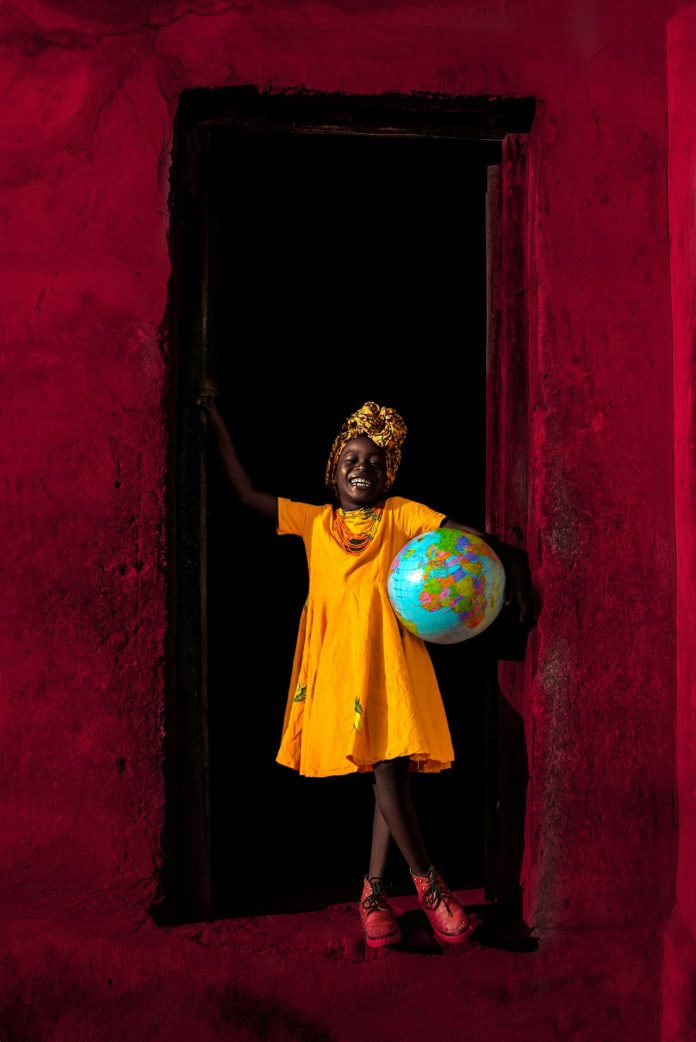Every year on August 12, the world celebrates International Youth Day. The 2025 theme is “Local Youth Actions for the SDGs and Beyond.” This year’s message is clear: young people are not just inheriting the Sustainable Development Goals, they are translating them into action across neighborhoods, schools, markets, and digital spaces.
Globally, youth are at the agile edge of innovation, building apps for climate monitoring, mobilizing community cleanups, and launching gender equity campaigns that resonate across borders. These local initiatives may be modest in scale, but they are catalytic in impact.
In Nairobi, young activists, creatives, and entrepreneurs are embodying the spirit of the SDGs in distinctly Kenyan ways. Think of digitally driven waste to energy startups in Eastlands, documentary micro-series spotlighting young women running urban farms in Kibera, or TikTok fundraisers mobilizing support for students in rural schools. These “local actions” are precisely the heartbeat of this year’s theme.
While development targets like zero hunger or quality education may feel abstract, their realization often depends on grassroots work. By localizing the SDGs, young people tailor global goals to Kenya’s contexts, from informal settlements to remote villages, ensuring they resonate and matter in everyday life. As the UN’s framing line points out, meaningful change starts in our neighbourhoods.
Take, for instance, climate action: students in Nairobi’s public schools forming eco-clubs to recycle and plant trees, or coastal youth in Mombasa weaving together heritage and environmental stewardship to protect mangroves. Across the board, these micro initiatives aren’t waiting for national policy, they’re generating solutions in real time.
The 2030 Agenda turns ten this year, and while global progress is uneven, the exuberance of youth-led projects gives hope. That energy however, must be met with real support such as access to funding, mentorship, platforms, and policy inclusion. Without it, the risk is that these local champions burn out, or worse, get ignored. Youth work, whether digital literacy workshops, women’s health advocacy, or climate resilience initiatives, is not a side note. It’s essential infrastructure for a just, sustainable future.
Here at Zeda, the 2025 theme feels like an invitation. It affirms that the stories we tell of small collectives, creative solutions, daily resistances are not just compelling but are part of a global movement. We love how it puts power back into the hands of those rarely represented in headlines: youth who aren’t waiting for permission to act. The message is energizing: progress isn’t only possible, it’s underway, in our backyards. Kenya’s youth are not future leaders. They’re leaders right now. That’s a future worth writing about.







